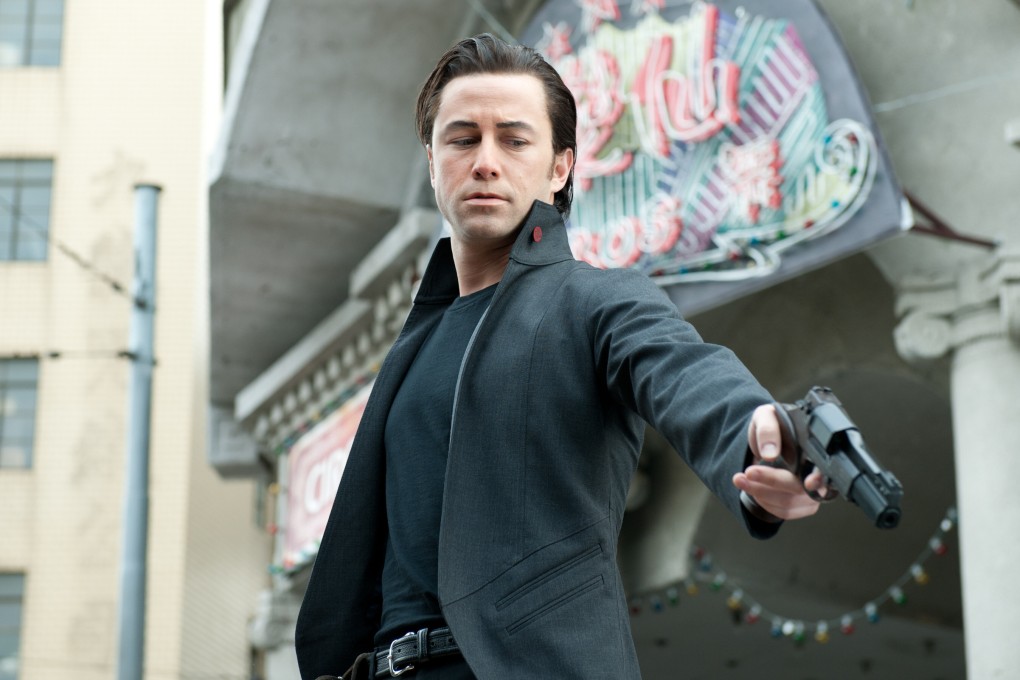How 2012 time-travel thriller Looper rewrote the future of Chinese-American co-productions
- Although co-production status brought all kinds of financial benefits, and Shanghai is perfectly cast as a city of the future, the move caused a few problems
- Superfluous scenes, including those shot in China, had to be cut, but releasing two versions – one with the Chinese scenes intact – kept everyone happy

There is a telling scene halfway through Rian Johnson’s 2012 time-travel thriller, Looper. Assassin Joe (Joseph Gordon-Levitt) tells his boss, Abe (Jeff Daniels), that he is saving his pay so he can one day run off to France. But Abe is having none of it. “I’m from the future,” he barks. “You should go to China.”
Frankly, this exchange could have come straight from a script meeting. Thanks to some similarly forthright financial advice, Looper became one of the first major Hollywood films to be granted Chinese co-production status, opening up all kinds of fiscal possibilities for itself and other movies.
But it almost didn’t happen at all.
The film is set in the year 2044, where Joe works as a “looper” – a gangland executioner whose victims are sent back from the future. One day he is sent a future version of himself (Bruce Willis) to kill – a process known as “closing the loop”. A 30-year montage then shows Young Joe following Abe’s advice.
He moves to Shanghai, gradually morphs into Old Joe and marries a local woman (Summer Qing). She is killed by gangsters, he is sent back to be killed by Young Joe, but this time he escapes, setting off a Terminator-style change-the-past/save-the-future narrative that is much easier to sit through than it is to explain.
